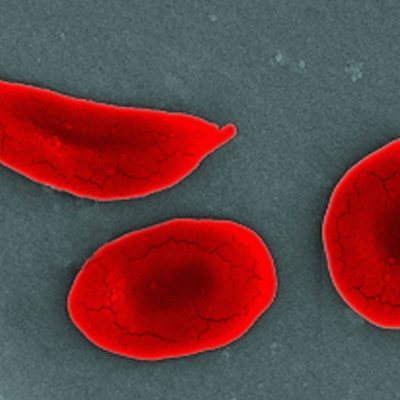In the UK, scientists from the University of Bristol and other research institutions are working on producing human blood in the laboratory as part of a research project by the National Health Service (NHS). The aim is to address the shortage of blood donations, which can be life-saving for many people. The first participants have now received small amounts of the artificial blood, and the researchers will study how the human body reacts to it. The starting material was a conventional blood donation of 500 milliliters, from which the scientists filtered out stem cells that can become red blood cells using magnetic beads. Within three weeks, they grew 50 billion red blood cells from the approximately 500,000 stem cells in the laboratory. After further checks, about 15 billion red blood cells were left at the end of the process, which were optimal for transplantation. Two participants received a portion of these red blood cells, marking a milestone in the production of blood from stem cells.
According to Ashley Toye, a professor of cell biology at the University of Bristol, this study is an important step towards the production of blood from stem cells. Cedric Ghevaert, a professor of transfusion medicine at the University of Cambridge, explains that the researchers hope the artificial blood will not only be more readily available but also have a significantly longer shelf life. The laboratory-grown red blood cells are expected to last longer than those from blood donors, which have a lifespan of about 120 days. If successful, this study could mean that patients who require regular long-term blood transfusions will need fewer transfusions in the future, improving their care.
This groundbreaking study is the first of its kind worldwide, and the researchers are excited to see how the cells perform at the end of the clinical trial. The potential benefits of laboratory-grown blood are enormous, and it could revolutionize the way we think about blood transfusions. With the shortage of blood donations, this research could be a game-changer in the medical field, saving countless lives and improving patient care.










